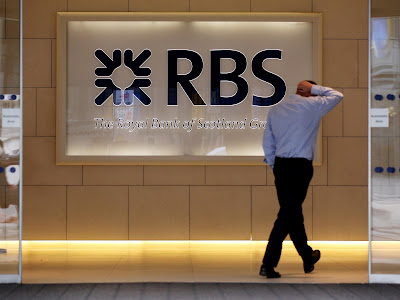The Scourge of the “Private Finance Initiative”: An Ideological Assault

Today’s post looks at the news that companies that have built NHS hospitals and associated services over the past six years have recorded pre-tax profits of £831 million, with a further £1 billion expected to be made in the next five years. These companies operate under what is known as the ‘private finance initiative’ (PFI), which can be directly traced back to John Major’s Conservative Government in 1992, and indirectly associated with the socially-defining period of Margaret Thatcher’s reign in the 1980s, a reign which is synonymous with the concept of privatisation. This almost absolute transference of service provision to the private sector, will be the focus of this post as we look at the effect that the initiative is having upon the service that the NHS can provide – assessing where the money that can go to the NHS actually ends up will be revealing, and perhaps is what should have been paraded on the side of that infamous bus . The issue of providing certain services t...









